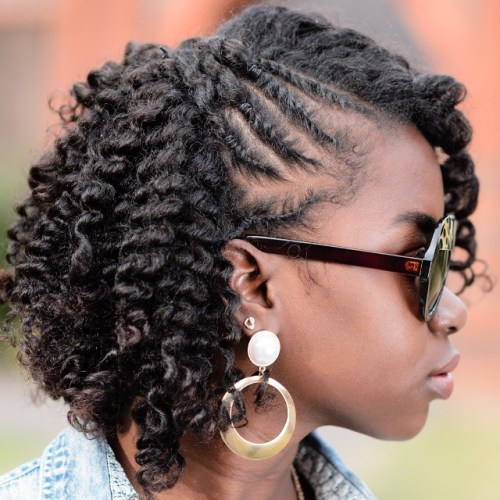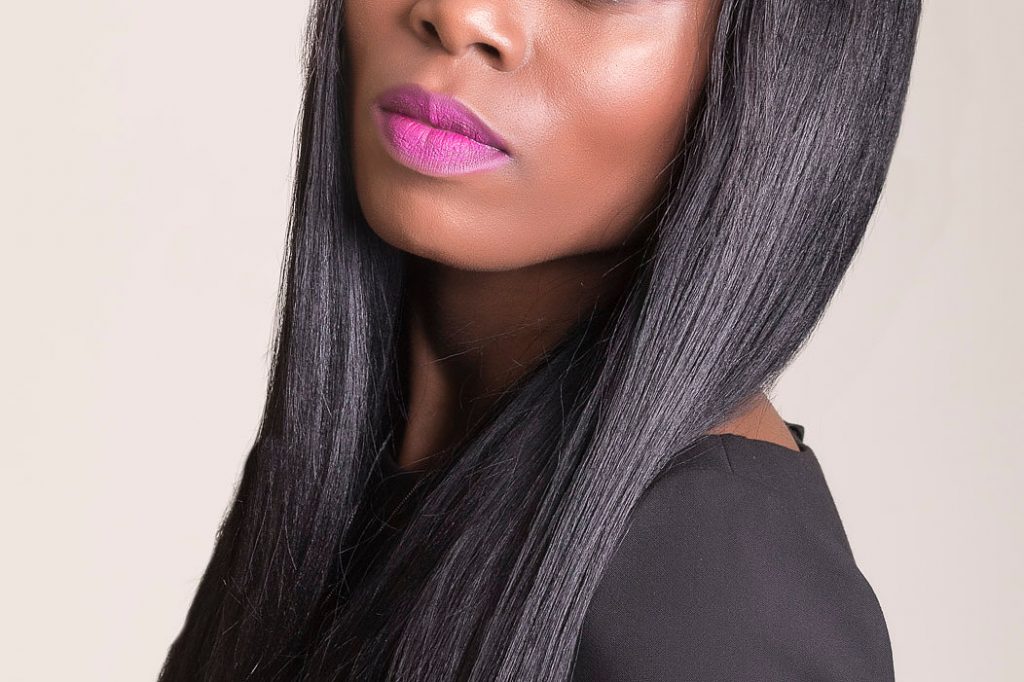Why is my hair falling out?
It’s true that men are more likely to lose their hair than women, mostly due to male pattern baldness (more on that later).
But thinning hair and hair loss are also common in women, and no less demoralizing. Reasons can range from the simple and temporary—a vitamin deficiency—to the more complex, like an underlying health condition.
In many cases, there are ways to treat both male and female hair loss. It all depends on the cause. Here are some common and not-so-common reasons why you might be seeing less hair on your head.

Physical stress
Any kind of physical traumasurgery, a car accident, or a severe illness, even the flucan cause temporary hair loss. This can trigger a type of hair loss called telogen effluvium. Hair has a programmed life cycle: a growth phase, rest phase and shedding phase. “When you have a really stressful event, it can shock the hair cycle, (pushing) more hair into the shedding phase,” explains Marc Glashofer, MD, a dermatologist in New York City. Hair loss often becomes noticeable three-to-six months after the trauma.
Pregnancy
Pregnancy is one example of the type of physical stress that can cause hair loss (that and hormones). Pregnancy-related hair loss is seen more commonly after your baby has been delivered rather than actually during pregnancy. “Giving birth is pretty traumatic,” says Dr. Glashofer.
What to do: If you do experience hair loss, rest assured that your hair will grow back in a couple of months. “It’s a normal thing and it will work its way out,” Dr. Glashofer says.
Too much vitamin A
Overdoing vitamin A-containing supplements or medications can trigger hair loss, according to the American Academy of Dermatology. The Daily Value for vitamin A is 5,000 International Units (IU) per day for adults and kids over age 4; supplements can contain 2,500 to 10,000 IU.
What to do: This is a reversible cause of hair loss and once the excess vitamin A is halted, hair should grow normally.
Male pattern baldness
About two out of three men experience hair loss by age 60, and most of the time it’s due to male pattern baldness. This type of hair loss, caused by a combo of genes and male sex hormones, usually follows a classic pattern in which the hair recedes at the temples, leaving an M-shaped hairline.
What to do: There are topical creams like minoxidil (Rogaine) and oral medications such as finasteride (Propecia) that can halt hair loss or even cause some to grow; surgery to transplant or graft hair is also an option.
Female hormones
Just as pregnancy hormone changes can cause hair loss, so can switching or going off birth-control pills. This can also cause telogen effluvium, and it may be more likely if you have a family history of hair loss. The change in the hormonal balance that occurs at menopause may also have the same result. “The androgen (male hormone) receptors on the scalp becoming activated,” explains Mark Hammonds, MD, a dermatologist with Scott & White Clinic in Round Rock, Texas. “The hair follicles will miniaturize and then you start to lose more hair.”
What to do: If a new Rx is a problem, switch back or talk to your doctor about other birth control types. Stopping oral contraceptives can also sometimes cause hair loss, but this is temporary, says Dr. Hammonds. Don’t make your problem worse with hair-damaging beauty regimens.
Emotional stress
Emotional stress is less likely to cause hair loss than physical stress, but it can happen, for instance, in the case of divorce, after the death of a loved one, or while caring for an aging parent. More often, though, emotional stress won’t actually precipitate the hair loss. It will exacerbate a problem that’s already there, says Dr. Glashofer.
What to do: As with hair loss due to physical stress, this shedding will eventually abate. While it’s not known if reducing stress can help your hair, it can’t hurt either. Take steps to combat stress and anxiety, like getting more exercise, trying talk therapy, or getting more support if you need it.
Heredity
Female-pattern hair loss, called androgenic or androgenetic alopecia, is basically the female version of male pattern baldness. “If you come from a family where women started to have hair loss at a certain age, then you might be more prone to it,” says Dr. Glashofer. Unlike men, women don’t tend to have a receding hairline, instead their part may widen and they may have noticeable thinning of hair.
What to do: Like men, women may benefit from minoxidil (Rogaine) to help grow hair, or at least, maintain the hair you have, Dr. Glashofer says. Rogaine is available over-the-counter and is approved for women with this type of hair loss.

